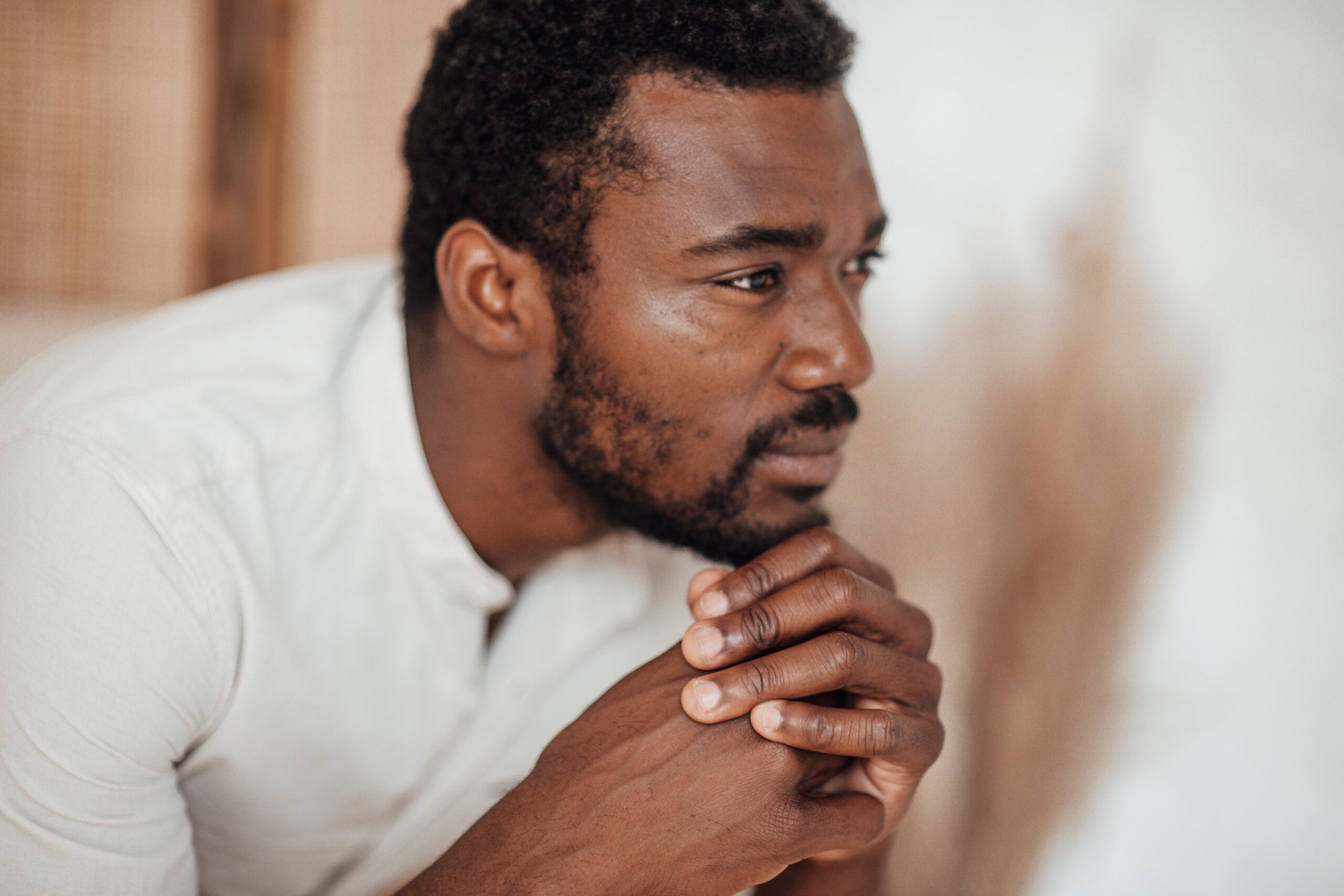In times of joy and happiness, we often turn to God in praise, and in the same vein, in times of grief and loss, we can also turn to God in lament. But what does it mean to lament?
A lament is a prayer to God, often concerning distress or injustice. A lament is a passionate expression of grief or sorrow, believing that because of a relationship with “an almighty God,” God will rise with a response to a sincere posture of lament.
“I just can’t… If I let myself engage with the recent shootings in Buffalo at the grocery store, Uvalde at Rob Elementary, and Tulsa at the medical building, I may fall apart.”
Pastor, Cincinnati, Ohio
What does it mean to lament? It’s yielding.
In my prayer times, I am moved to lament. I’ve prayed––”God!? Enough is enough; arise and set order. How many more people will be murdered because of their skin color, yet we see little to no change in how easily people of color are killed in racially motivated attacks?
How many students will not come home from school because they were gunned down (within minutes) by a person using a weapon designed for mass destruction on a battlefield on school grounds intended for learning and character formation? And these are but a few inflection points of this cultural moment.
As I write this article, I feel the pressure of not wanting to upset anyone as it relates to the various situations I listed. However, considering the nuance it takes to address these unsettling realities and pain points in our world, it is abundantly clear that anyone looking at this cultural moment will undoubtedly see the need for lament. And to properly lament, we must highlight some unsettling realities, even if it’s a few. So to lament is the wisdom to yield to the moments that require lament. Not to be quick to move past those cultural moments of grief but allow ourselves to feel together.
What does it mean to lament? It’s an act of faith.
A lament is an incredible act of faith that can lead to a better tomorrow if done with the proper posture. I believe this, but I know that belief in a better tomorrow can feel impossible. a friend said to me, “I just can’t… If I let myself engage with the Buffalo and the Uvalde shooting in Texas, I may fall apart.” My response was– “what if we fell apart together?” Perhaps we find strength in our collective grief, loss, and despair. As we grieve together, we can rise and receive the gift of wisdom from God to grow together and enact change.
Lament allows us to stop and feel. Even if it’s just a fraction of the pain that others may feel, we can approach God for a better tomorrow with that pain. And as it relates to the unsettling world realities mentioned above and the many more that will come, change is unavoidable, even if it’s slow.
Change is possible.
I am encouraged by a pastor in Cincinnati, Ohio, when he said, “perhaps it’s through the process of united corporate lamentation that we will begin to see change.” I believe that. Things will be harmonious, humans can do great good, and change is possible. Because of this, I will feel. I will give the loss of life. And with my most holy faith, I will embrace lament as an act of faith in God and humanity. If you feel the same, would you lament with me?








